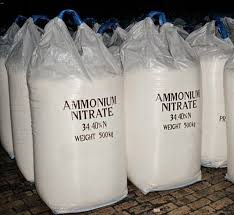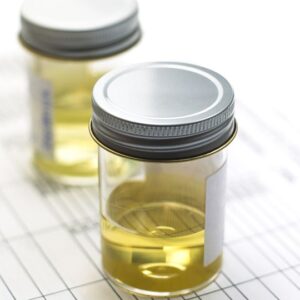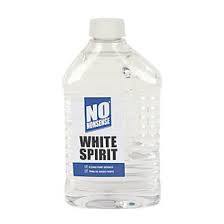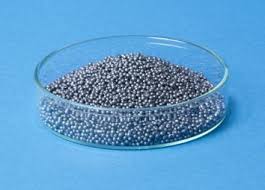Product Details
Epoxy vinyl ester resins (VER) are an important class of high-performance thermoset molding resins. They are produced by the addition of α – β unsaturated carboxylic acids to epoxy resins. The two main types of epoxy resins are bisphenol A diglycidyl ether (DGEBA) and epoxy phenol novolac (EPN). These resins form durable laminates and coatings when fully cured (cross-linked). Their performance is often between those of conventional unsaturated polyesters and epoxy resins.
The properties of the cross-linked resin depend on the type of epoxy and vinyl monomer (reactive diluent) used and their relative amounts. The majority of commercial vinyl polyester resins are derived from bisphenol A diglycidyl ether (DGEBA) as the epoxy component and acrylic or methacrylic acid as the vinyl monomer in the polymer. Many other epoxies and vinyl acids or esters can be used to taylor the properties of unsaturated polyesters. For example, (modified) novolac epoxies are sometimes chosen to achieve better thermal and chemical resistance, whereas dimer fatty acid – glycidyl methacylate modified resins have improved flexibility but reduced chemical and heat resistance.






Reviews